Tashkent city


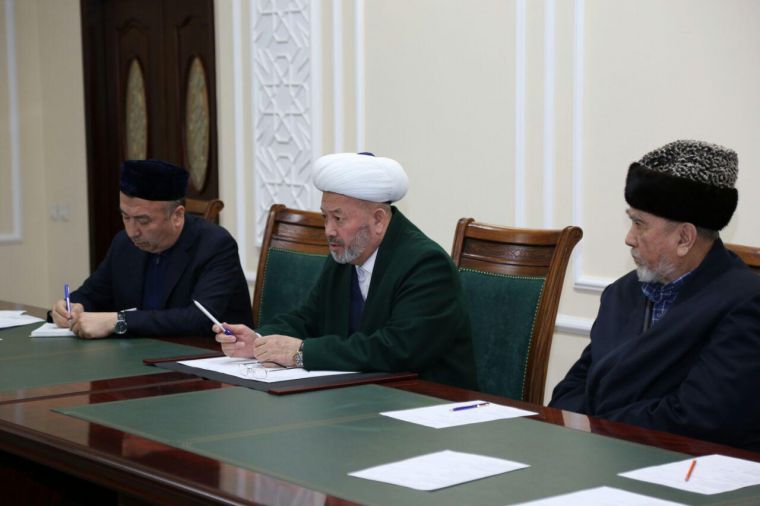
On December 6, Organizing Committee of Qur’an Competition held a meeting at the Muslim Board of Uzbekistan. Abdulhakim qori Matkulov gave detailed information about the organizational works carried out by his team.
Particularly, he mentioned the President Shavkat Mirziyoyev’s initiative on organizing Qur’an Contest which he expressed on September 1, 2017 while visiting “Khazrati Imam” complex. The leader of organizing committee also mentioned that candidates for the contest participation are still being registered, contest judges are being trained and the trained judges are visiting regions for training regional judges, wall papers and posters are being printed, all the activities of the organizing committee are being covered on various websites.
Usmankhan Alimov, chairman of Muslim Board of Uzbekistan, muftiy gave detailed instructions on holding all regional stages of the competition in a high spirit. Muftiy stressed that any form of nepotism must be strictly avoided. In his speech Usmankhan Alimov noted that a number of international experts are observing the organizational process which would lay the bases for the future international contests. A special gratitude was expressed for the initiative and all the support fostered by Shavkat Mirziyoyev, President of Uzbekistan.
The meeting ended with by Yahya qori Turdiev’s sincere prayers.

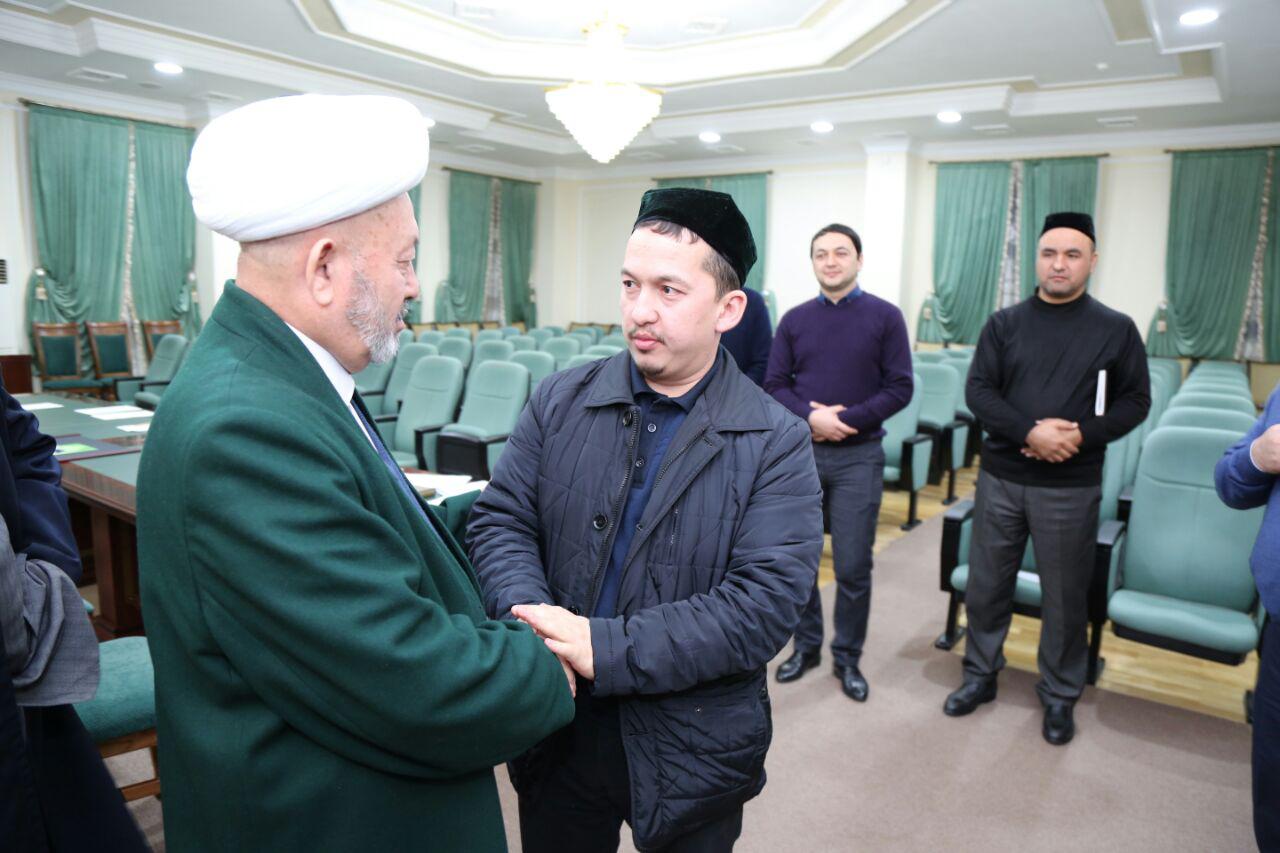


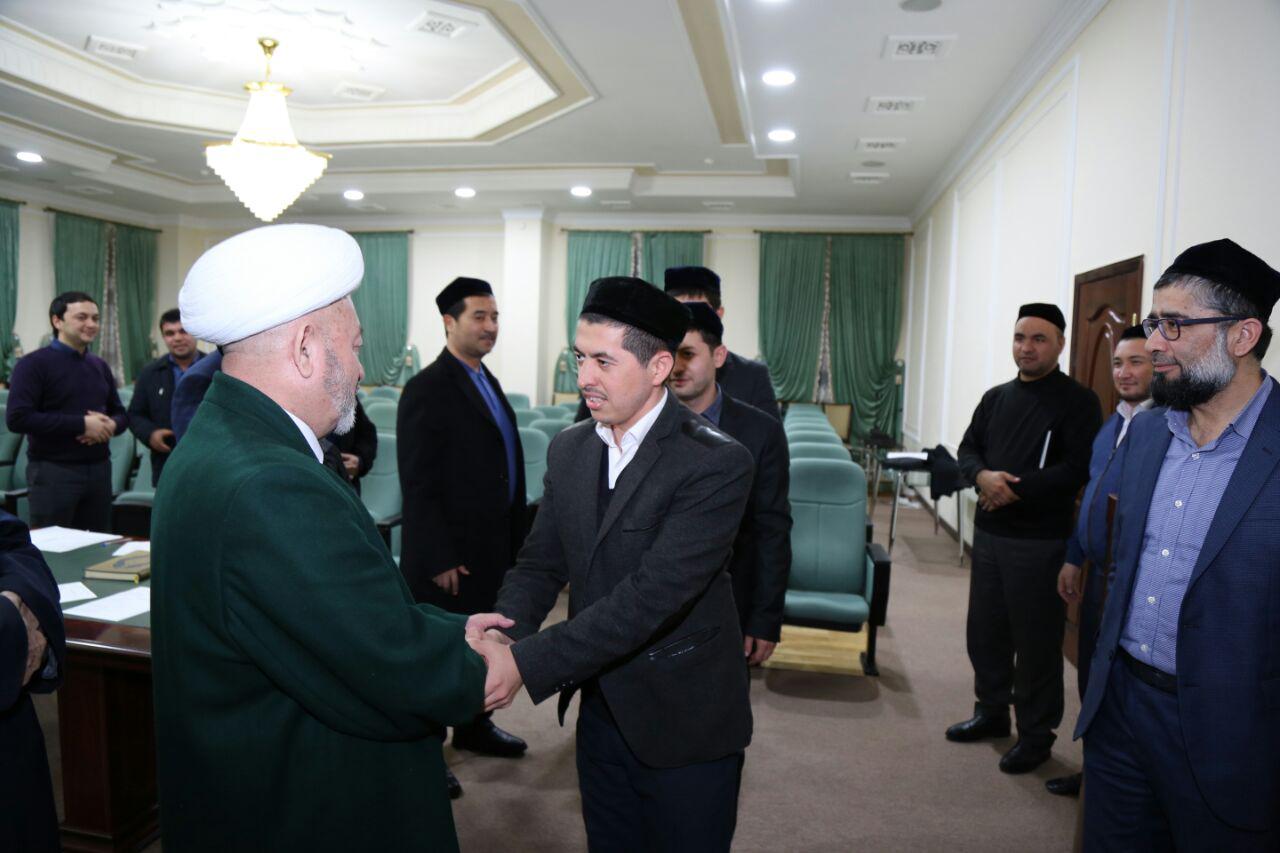
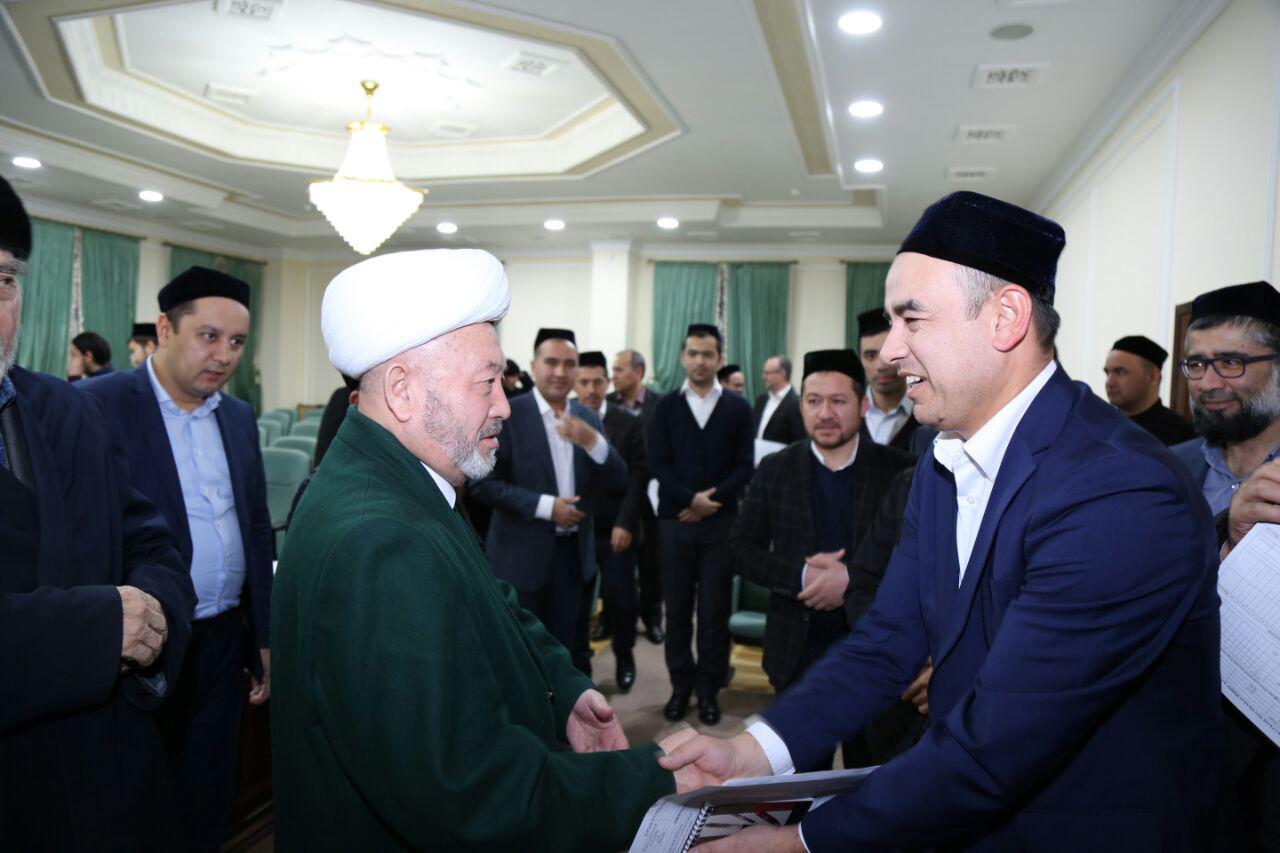

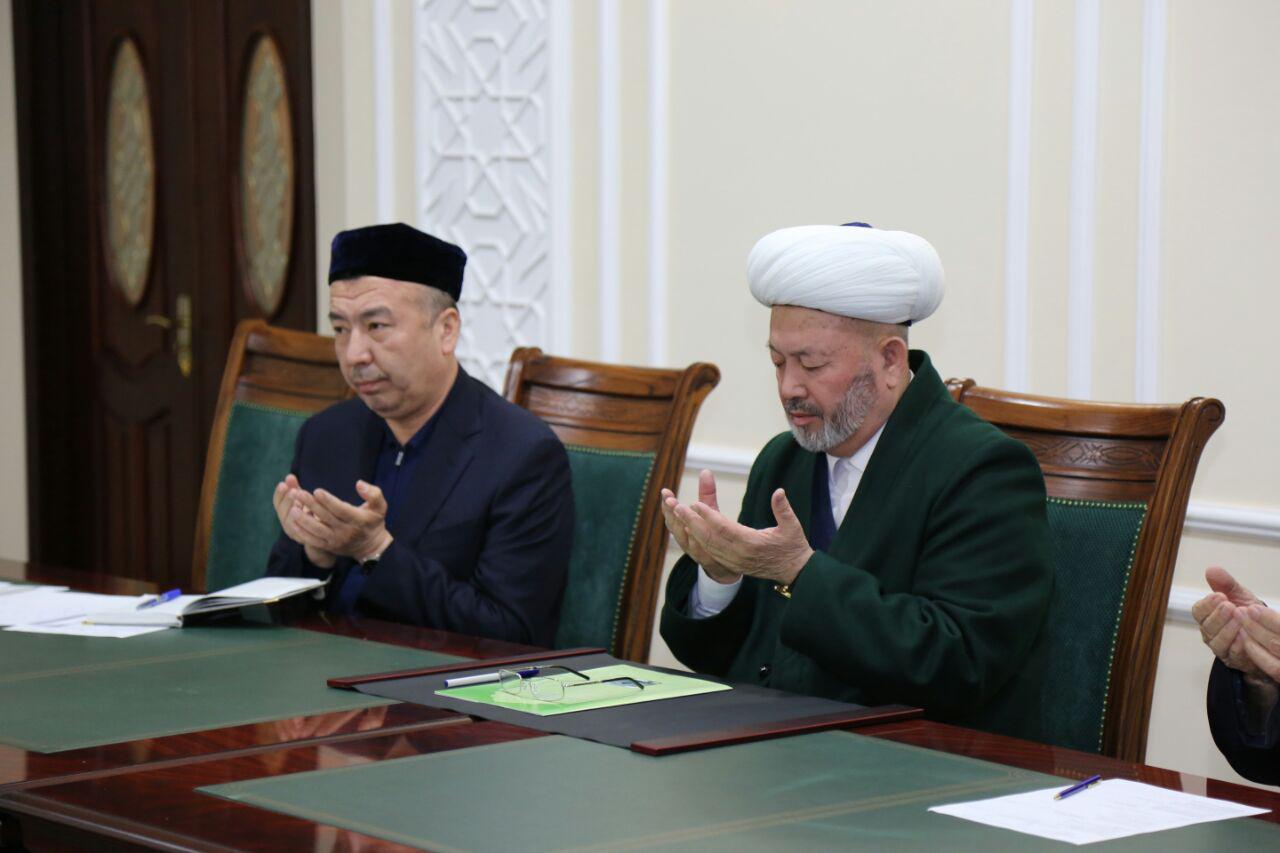


An international conference on the future of professions and industries in the era of Artificial Intelligence (AI) was held in Cairo, initiated by the President of Egypt, His Excellency Abdel Fattah El-Sisi. A delegation led by the Chairman of the Muslim Board of Uzbekistan, Grand Mufti Sheikh Nuriddin Kholiqnazar, participated in the event.
At the forum, Sheikh Nuriddin Kholiqnazar delivered a keynote speech addressing the core themes of the conference, emphasizing the importance of maintaining human values and ethical oversight in the face of rapid technological advancement.
Press Service of the Muslim Board of Uzbekistan